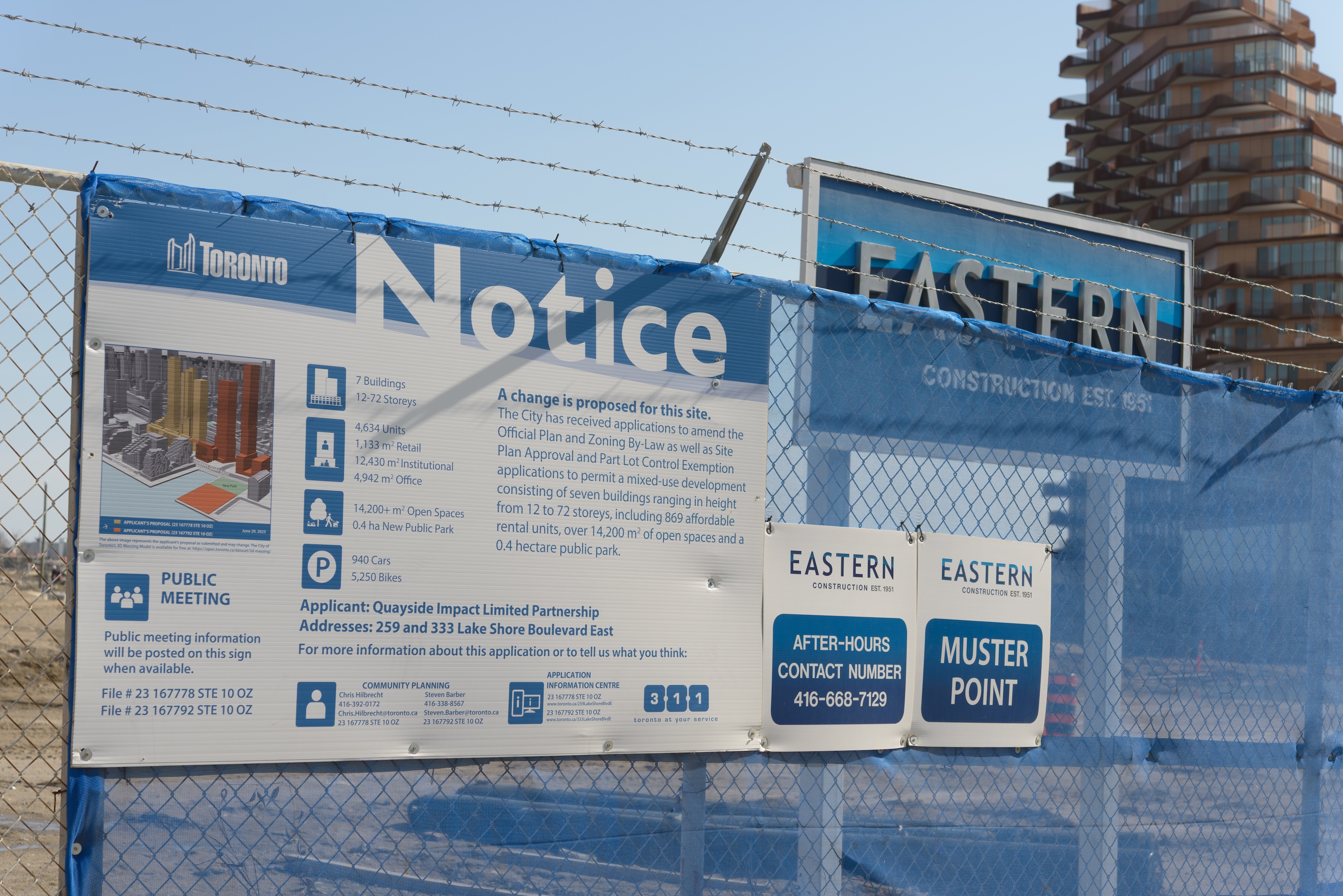 Notice Means Notice - Dentists, Read This Before It's Too Late
Notice Means Notice - Dentists, Read This Before It's Too LateRunning a dental practice is a balancing act. Between patient care, managing staff, staying compliant, investing in technology, and keeping up with a full schedule, the last thing most dentists want to think about is their dental office lease. But here is the harsh truth: if you receive a Notice from your landlord, it must become a top priority immediately. Ignoring it even for a few weeks can put your practice at serious financial and operational risk.
 Planting The Seeds For Long Term Success
Planting The Seeds For Long Term SuccessEvery lease represents both a legal obligation and a financial opportunity. How that lease is negotiated in the beginning, or at renewal, has lasting consequences. When it comes to lease negotiations, tenants face a fundamental question: “Who should represent my interests?”
 One Sheet Of Paper A Memorable Case Study
One Sheet Of Paper A Memorable Case StudyOur firm recently undertook a premise lease analysis for a dentist preparing for retirement in about two years. The goal was to examine the lease for any restrictive clauses that could hinder his exit strategy. The client provided the original lease, over 20 years old, along with the latest renewal agreement he had signed. These documents were comprehensive, presenting no significant issues.
 So, You Want To Own Commerical Real Estate?
So, You Want To Own Commerical Real Estate?For over a decade, the Canadian real estate market has experienced growth that far surpassed any rational expectations. In 2023, the reset of interest rates slightly cooled the market’s fervor, yet the core momentum remained unabated.
 CASE STUDY: Dental Practice Site Selection
CASE STUDY: Dental Practice Site SelectionOur client was referred to us about opening a new clinic. The choices are endless, and it makes it hard to pin down an area that is likely to produce success. They came to us to help find the best location possible that suited their personal and professional goals while observing certain restrictions.
 DENTAL CASE STUDY: When Lease Negotiations Go Bad, We Get Called
DENTAL CASE STUDY: When Lease Negotiations Go Bad, We Get CalledAfter an unsuccessful lease negotiation attempt was made between a dentist and landlord, the dentist reached out to us to help. We often get called to be a mediator in negotiations when they do not go right. Our dentist client had signed a lease without understanding what they needed to increase the value of the practice given they were planning to sell.